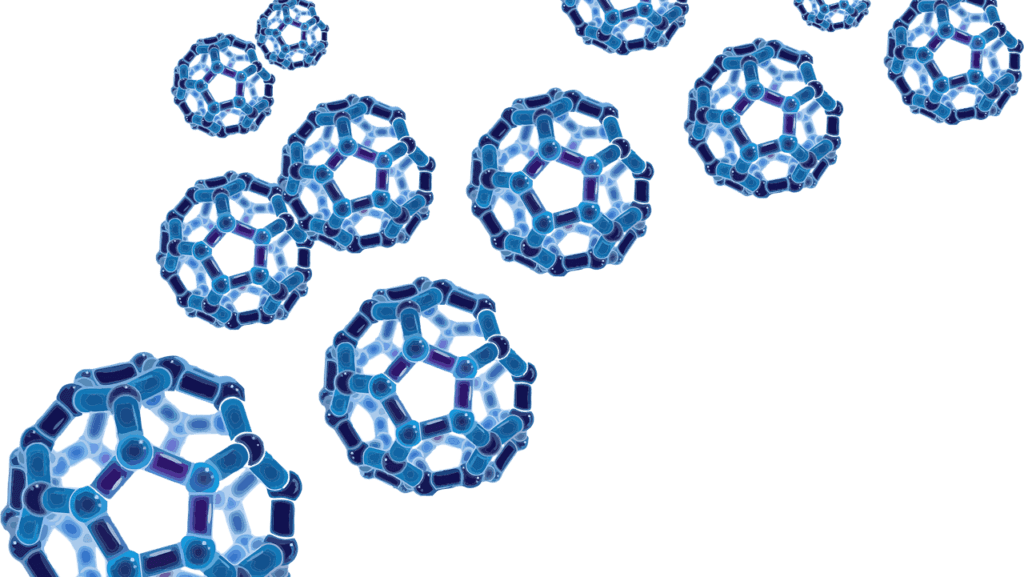Norepinephrine, which doesn’t get much attention, is key to attention and focus.
Like dopamine, norepinephrine is a neurotransmitter–a chemical messenger released by brain cells at special relay stations (called synapses) to rapidly signal each other. Norepinephrine is chemically extremely similar to dopamine–they both belong to the same class of compounds called ‘catecholamines’ made by your body. It’s no exaggeration to say that dopamine and norepinephrine are close chemical siblings–fraternal twins. In fact, norepinephrine is synthesized in brain cells by addition of a single oxygen atom to dopamine.
You may not realize it, but you are already acquainted with another close ‘chemical sibling’: adrenaline (also known as epinephrine). Adrenaline, the body’s ‘fight-or-flight’ hormone, is synthesized within your body by the addition of a single methyl group (a carbon plus some hydrogen atoms) to norepinephrine. As you probably already know, whenever you’re in an activity or emotion that gets your heart pumping, makes you breathe faster, or sweat more–that’s adrenaline doing its job. And that job is super important for survival – a monkey (or human) who didn’t get scared, revved up, and either defended itself or ran away when a tiger prowled nearby wouldn’t stay alive for very long!
Norepinephrine (also called noradrenaline) is ‘adrenaline for your brain’. Just as adrenaline revs up your body, norepinephrine revs up your brain. Its overall levels in your brain are low when you’re asleep and go up when you wake up. Like adrenaline, norepinephrine is released whenever you’re under stress (afraid, anxious, enraged or ‘stressed out’ on the negative side; joyfully excited or ‘pumped up’ on the positive side). Remember that norepinephrine is also called noradrenaline–and outside your brain, it does exactly the same thing as adrenaline: it makes your heart pump faster, increases your breathing, dilates your pupils (so you can see better), increases the strength of your muscle contractions, and makes you sweat. But unlike adrenaline which does its main work in the rest of your body, norepinephrine is concentrated inside your head. While adrenaline tells your body to get ready for action, norepinephrine tells your brain to do the same. Norepinephrine’s main job is basically to yell at your brain cells: “HEY WAKE UP! Something really IMPORTANT is coming down RIGHT NOW! PAY ATTENTION!!”
So now you know why norepinephrine is so important in ADHD: After all, what could be more important for a disorder of focus and attention, than the chemical your own body makes to tell your brain to focus and pay attention? That is why every medication used to treat ADHD raises norepinephrine levels at the synapses between brain cells. And now you also understand where the side effects of these medications come from. It’s because they raise your norepinephrine levels that it’s so important not to take ADHD medication too late in the day (assuming you want to sleep that night), and why–especially if you take too much medication–your blood pressure may go up, you may become tense and jittery, and you may perspire more.
So, while dopamine is important in ADHD because it helps ‘tune’ your brain cells to recognize signal over noise, and while dopamine may be all ‘dope’ and ‘sexy’ and hog the limelight because of its starring role in your brain’s pleasure circuits — save some love for dopamine’s humble ‘wonder twin’: norepinephrine. Because without norepinephrine we’d all be trudging around like zombies: that is if we were still around at all, and not just the extinct slow-witted food of ancient tigers!
Original post published on my Psychology Today 1-2-3-ADHD Blog.
